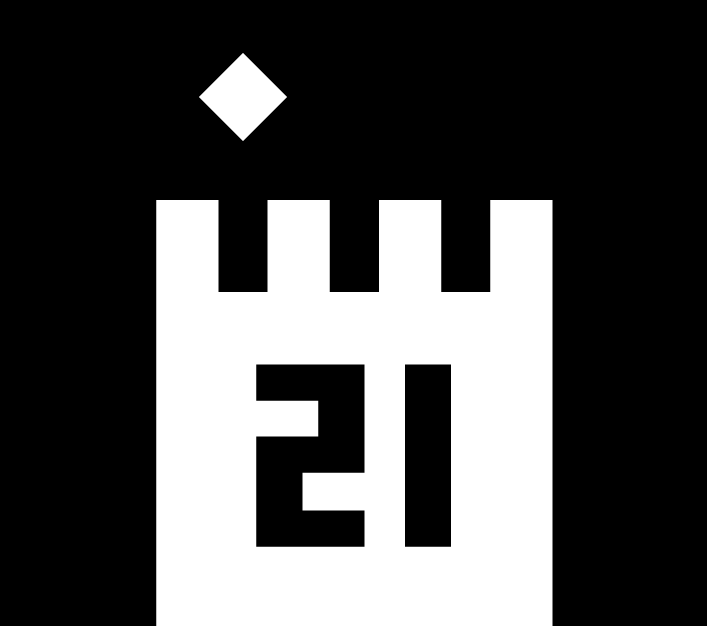Distrust in governments, central banks or any kind of trusted third-party does not usually happen naturally, it takes real-life experiences. It all started for me when logging into my online poker account in April 2011, only to discover frightening US governmental agencies badges popping up on my laptop screen and realize that my funds were frozen, just because a few powerful people from a country I had nothing to do with decided that online gambling should be illegal.
That’s when I understood trusted third-parties are always vulnerable, no matter their size.
In January 2015, I had just started working for an online brokerage firm when the Swiss National Bank shocked financial markets by scrapping a three-year-old cap on the Franc versus the Euro. The sums that were lost by retail that day blew my mind. I never realized so many people were exposed to leveraged FX markets, and that a single public announcement could wipe out billions in retail money in seconds, while the few at the top aware of the decision beforehand could protect themselves.
That’s when I understood financial markets are no better than a rigged roulette game and that those in power will always be able to profit from their position to the detriment of the masses.
A couple of years went by, and while I was still enjoying playing a bit of poker here and there, a law was passed that rendered all online gambling websites hosted from foreign countries inaccessible, basically giving a monopoly to local casinos and leading to more taxes to be collected by the state.
That’s when I understood regulatory and tax arbitrage between jurisdictions were a thing and that there is a massive difference between what is legal and what is just.
Even though these experiences might sound like minute details when compared to challenges faced by individuals that have to fight for their freedom on a daily basis, they did make the value proposition of Bitcoin crystal clear to me: an apolitical censorship-resistant digital monetary medium with a supply that cannot be messed with by nation-states. Money without masters, impossible to seize from its bearers when handled adequately.
Hard money will empower you only if you cannot be stopped.
The FATF and financial regulators around the world are working hard to make the life of bitcoiners more difficult, and the threat of regulatory capture in some parts of the world is still not to be ruled out. If there is one thing we learned in the past two decades, it is that any measure can be justified in the name of the sacred anti-money laundering and counter-terrorist financing laws. After mandatory invasive KYC, these institutions are now pushing for the travel rule implementation (aka a SWIFT system for exchanges), and they are the biggest proponents of chain surveillance firms, which are arbitrarily flagging UTXOs and mapping who’s who on the Bitcoin blockchain. A day might come when withdrawing your bitcoins from exchanges to an open-source wallet under your sole control might become difficult or even impossible. To avoid such a fate, we have to continuously watch our backs for a few more years.
Let’s ask ourselves the hard questions:
Would we be able to indefinitely leave our domicile in under five minutes under external pressures or natural catastrophes, while not losing access to any of our bitcoins?
Would our opsec be robust enough if our home was being searched by people specifically looking for hardware wallets, mnemonic seeds and passphrases?
If our computer were to be seized or stolen, how fucked would we be?
Is our online behavior reflecting our bitcoin wealth and leaking personal data to those potentially looking for it?
Are we truly prepared?We must consider all the potential current and future adversaries we might face in order to make the appropriate choices today. The kind of choices leading to peace of mind, and eventually to a prosperous future free from worry.
Safely storing the critical pieces of information allowing you to preserve your precious UTXOs is essential. When interacting with the network, not reusing bitcoin addresses, being mindful of timing analysis, utilizing wallets with coin control features and not looking up addresses on clearnet is a great start.
Running a node through Tor and connecting wallets to it is a wonderful step.
Making use of on-chain privacy-preserving techniques such as CoinJoin, PayJoin, P2EP and soon CoinSwap is poetic.
Exploring KYC-free options to acquire bitcoin is the Holy Grail.
All those things combined is the equivalent of a hat-trick in a Champion’s League final.
Considering all the potential dark scenarios that might impact you and your loved ones is healthy adversarial thinking, and will make you a more resilient individual in general.
In the end, it’s all about plausible deniability. Readiness is necessary and nonchalance could be costly.
In the unlikely event you are not already following great minds such as 6102 and Matt Odell, I would advise you to do so.
Long live Bitcoin and bitcoiners.
Cheers!
UTXOxo is a happily married man who found a mistress called Bitcoin a couple of years ago. He is still a Bitcoin freshman who tries to learn every day and embraces privacy best practices to ensure his loved ones a prosperous future free from all potential external interferences. Bitcoin changed him and his time preference for the better, as it did for thousands and will do for billions. He is looking forward to organize meetups and educate his local community once he feels sufficiently knowledgeable, and encourages you to do the same!




